Peripheral Neuropathy
The nervous system is divided up into the central nervous system and the peripheral nervous system. The nervous system consists of the brain and the spinal cord. The peripheral nervous system is located outside of the brain and spinal cord. The peripheral nervous system consists of the following:
Sensory nerves which transmit messages about sensations such as heat, pain or touch;
Motor nerves which transmit messages that control movement;
Autonomic nerves which are responsible for involuntary functions such as blood pressure, digestion, breathing and sexual function.
Damage to the nerves in the peripheral nervous system is called peripheral neuropathy.
Causes
Inherited disorders
Amyloid Polyneuropathy
Charcot-Marie Tooth disease
Diabetes
Disorders of metabolism
Excessive alcohol use
Rremia (secondary to kidney failure)
Cancer
Vitamin deficiency (especially vitamin B-12)
Hypothyroidism (underactive thyroid)
Infectious diseases
Hepatitis
Diphtheria
Colorado tick fever
AIDS
Leprosy
Lyme disease
HIV Infection
Syphilis
Autoimmune diseases
Lupus
Rheumatoid arthritis
Guillain-Barré syndrome
Sjögren’s disease
Liver disease
Drugs
Certain cancer chemotherapy drugs,
Certain antibiotics such as ciprofloxacin (Cipro) or metronidazole (Flagyl), and
Isoniazid (Nydrazid, Laniazid).
Carpal Tunnel Syndrome
Bell’s palsy
Post Herpetic Neuralgia (shingles)
Exposure to Toxins
Heavy metals (arsenic, lead, mercury etc.)
Nitrous oxide
Certain industrial agents such as solvents
Sniffing glue
Gold compounds
Organophosphate pesticides
Miscellaneous Causes
Prolonged hypothermia (exposure to cold temperatures)
Prolonged hypoxia (decreased oxygen)
Prolonged ischemia (decreased blood flow)
Nerve Pressure or Trauma
Repetitive movements
Tight cast
Tumor
(article continues below the video)
(continued article text)
Symptoms
The symptoms depend on whether sensory, motor, and/or autonomic nerves are affected. One, two or all three types of nerves can be affected. The symptoms also depend on whether one nerve is involved or whether, in addition, a large part or whole part of the body is affected.
Sensory Nerves
Nerve pain, tingling, numbness, burning sensations, changes in sensation or incoordination may occur with damage to sensory fibers. Often, the sensation changes begin in the feet and progress toward the center of the body.
Motor Nerves
Weakness, atrophy, cramps, paralysis, muscle twitching, lack of muscle control and lack of dexterity can occur when damage occurs to motor nerves.
Autonomic Nerves
Involuntary or semi-voluntary functions are controlled by autonomic nerves. As a result, damage to these nerves can result in the following: impotence, nausea or vomiting after meals, abdominal bloating, diarrhea, constipation, decreased ability to sweat, blurred vision, dizziness, incomplete bladder emptying, and/or loss of bladder control.
Diagnosis
Your doctor will take a complete medical history and perform a physical examination.
The patient history will include symptoms, social habits, exposure to any toxins, risks of infectious disease, work environment and any family history of neurological disease.
The physical examination may include testing of light touch, reflexes, body position, vibration, pain, and temperature. Comparing blood pressures in the sitting and standing position may also provide important information.
Additional Testing
Lumbar puncture - examination of cerebrospinal fluid that surrounds the brain and spinal cord may reveal abnormalities
Blood tests to check vitamin B-12 levels, folate levels, thyroid function, fasting glucose, etc.
Blectromyograph (EMG), a recording of electrical activity in muscles
Nerve conduction velocity (NVC) tests
Nerve biopsy
Skin biopsy
Treatments
Correct vitamin deficiencies.
Correct blood glucose levels in diabetes as strict control of blood glucose levels can lessen further nerve damage and reduce neuropathic symptoms.
Treat bacterial infections such as Lyme disease.
Treat nerve compressions with physical therapy, injections or surgery.
Treat autoimmune conditions with immunosuppressant drugs, plasmapheresis, high doses of immunoglobulins.
Avoid exposure to toxic chemicals.
Avoid repetitive movements which are contributing to nerve damage.
Minimize or eliminate alcohol consumption.
Use dialysis in kidney failure.
Immediately treat patients with shingles using antiviral medication and sympathetic nerve blocks to prevent post-herpetic neuralgia.
Foot braces can allow nerves to heal when a foot drop is present.
Pain Management
Acetaminophen (Tylenol), but avoid if you have a history of liver disease or kidney disease
Non-steroidal anti-inflammatory medications (ibuprofen, aspirin, naprosyn, etc.), but avoid if you have a history of gastritis, peptic ulcer disease, or kidney disease
Tricyclic antidepressants such as amitriptyline (Elavil) and nortriptyline (Pamelor)
Anti-seizure medication such as gabapentin (Neurontin)
Topical lidocaine patches
Capsaicin cream
Pregabalin (Lyrica)
Duloxetine (Cymbalta)
Careful footcare and wound care in people with diabetes
Wrist braces to alleviate nerve compression in carpal tunnel syndrome
Surgical release of ligaments, tendons, muscles or bones to relieve nerve entrapment
Cold laser therapy
Spinal cord stimulation
Tania Faruque MD is the medical director of Palomar Spine & Pain, in Escondido, CA (North San Diego County).
